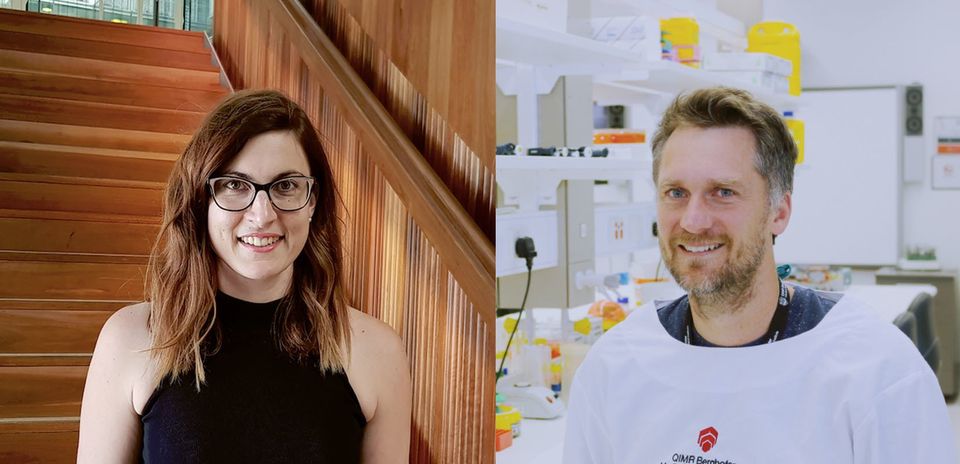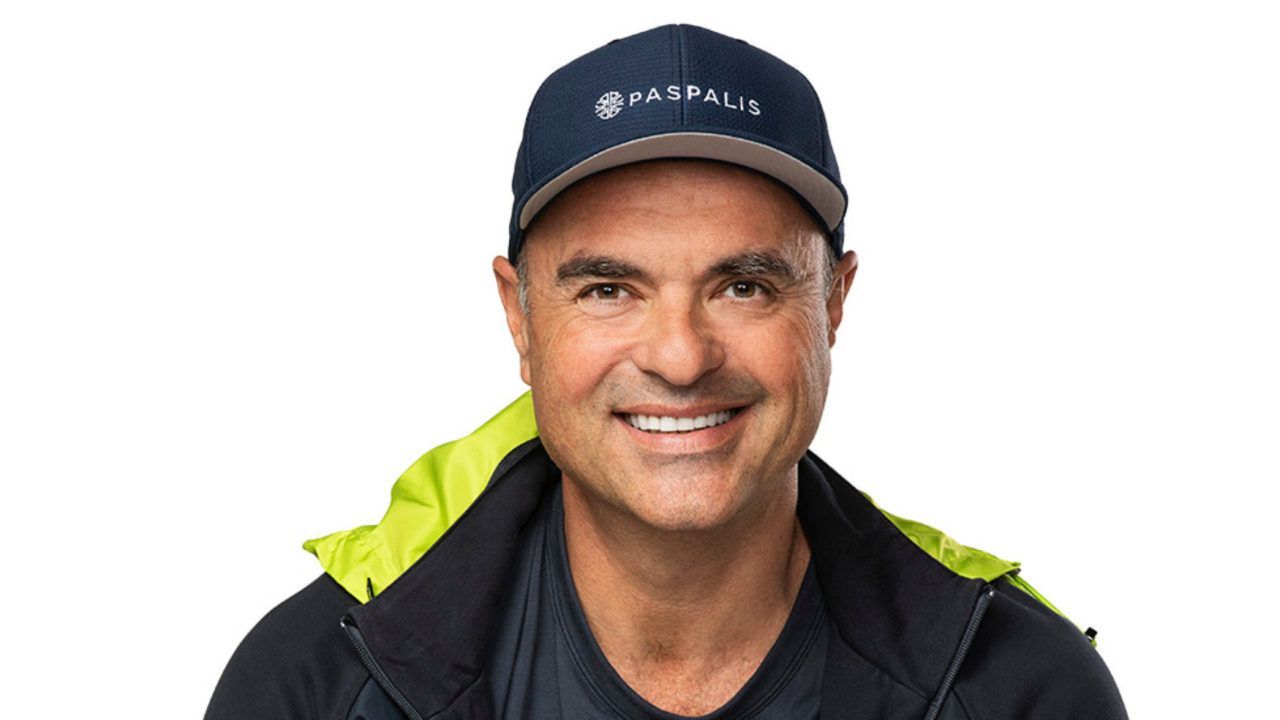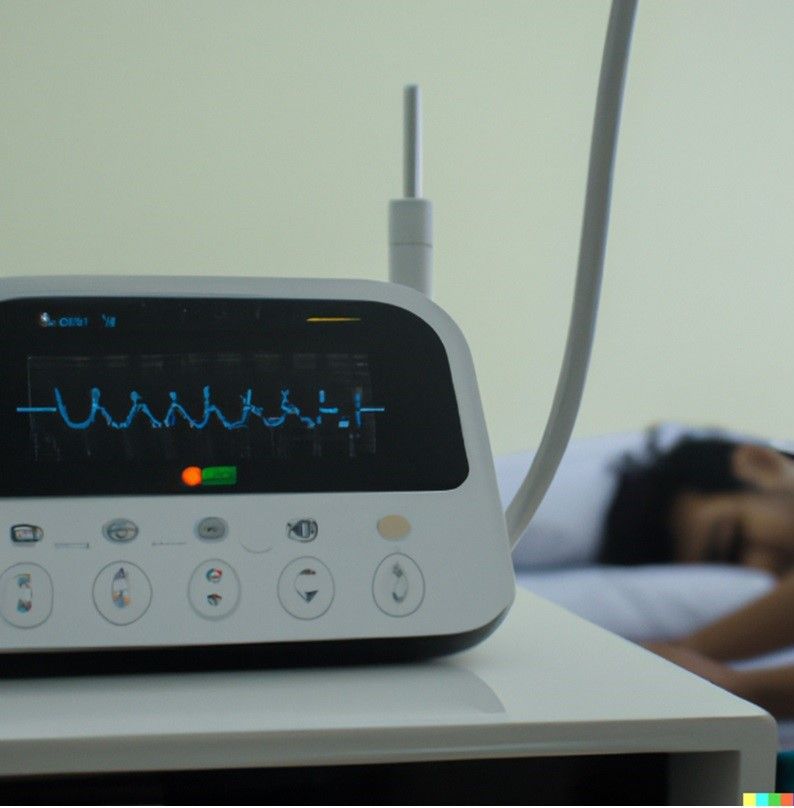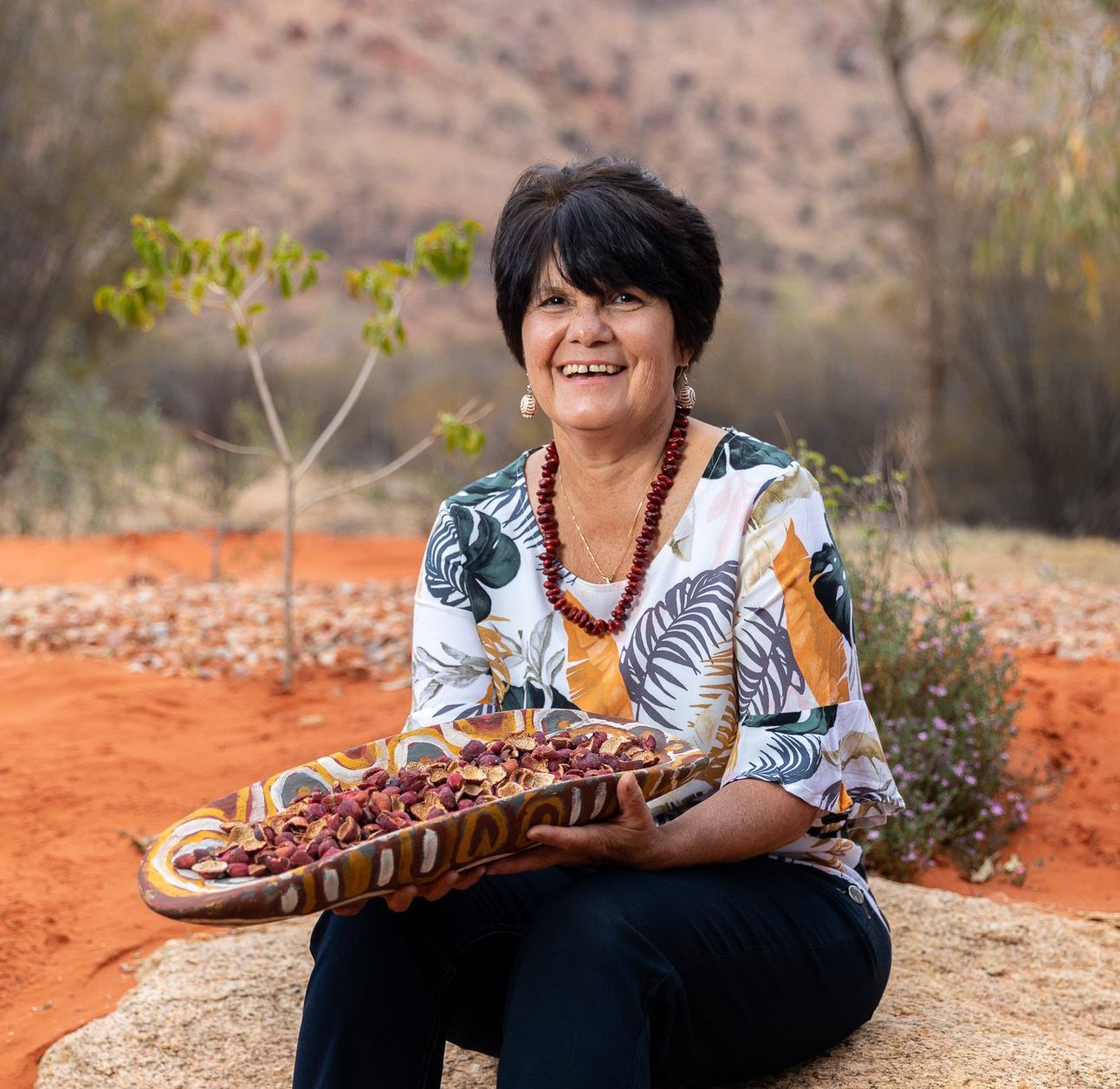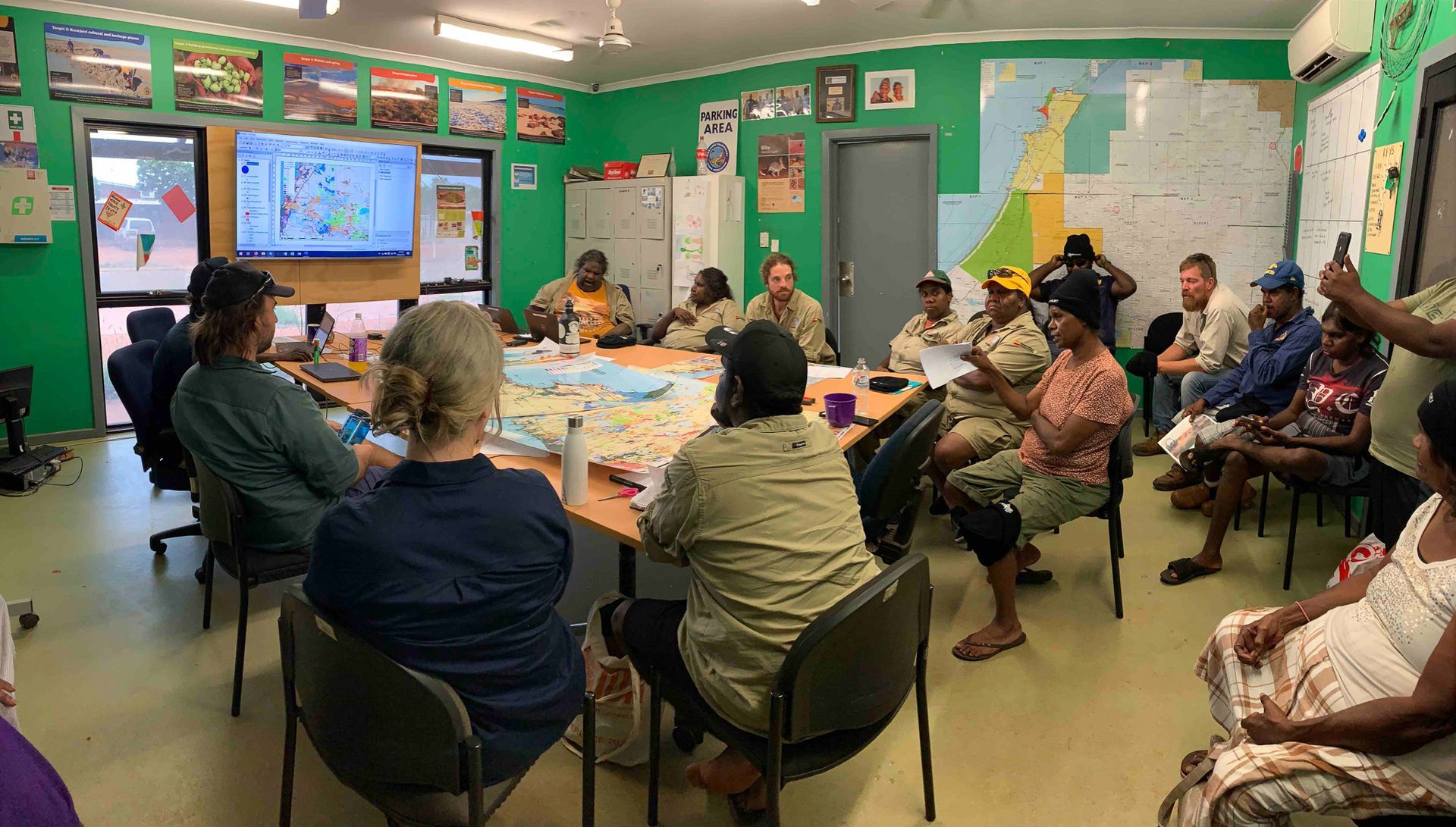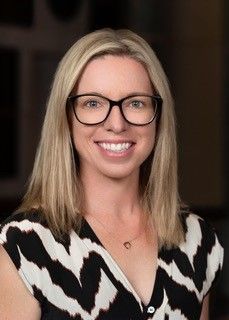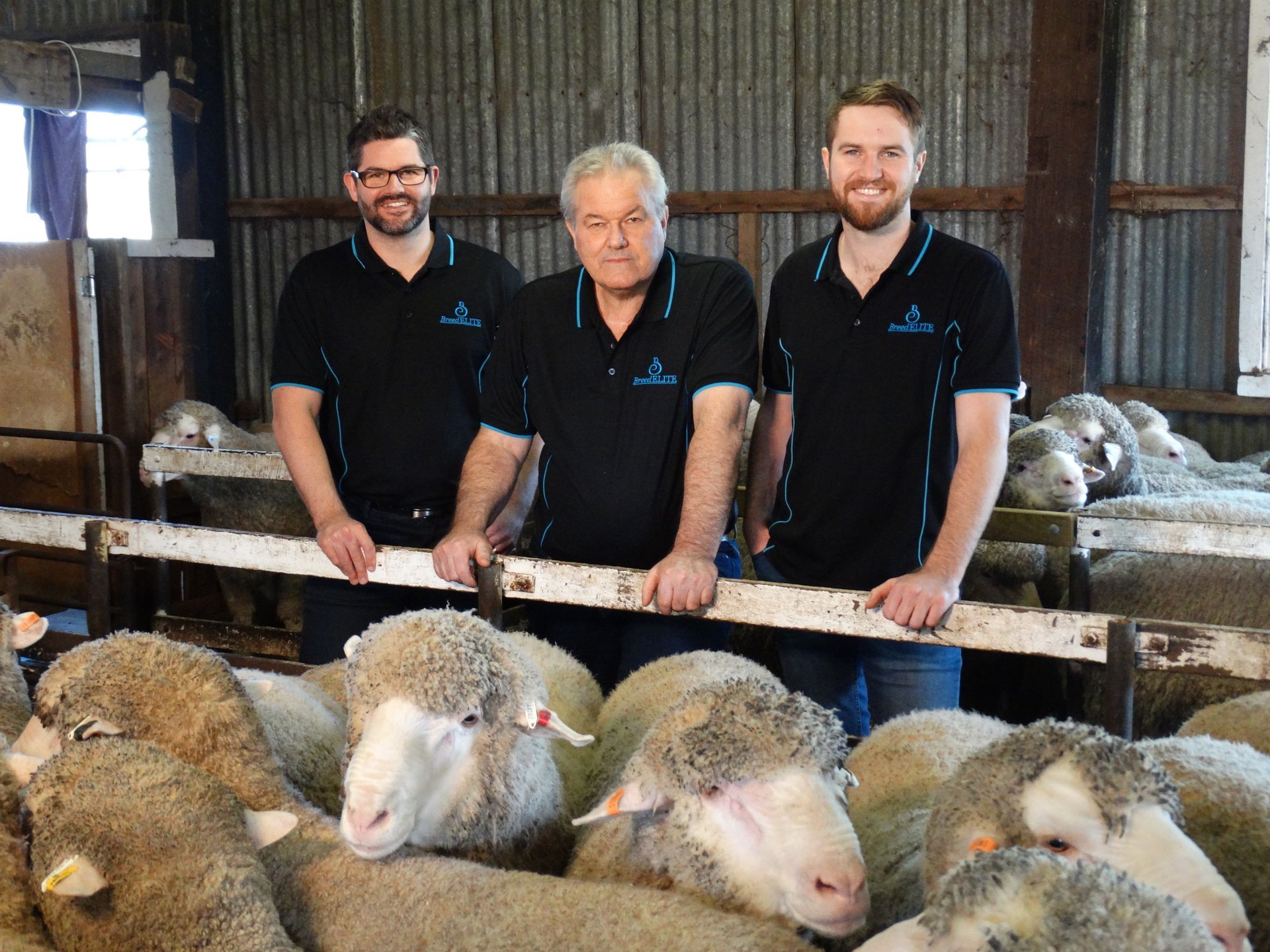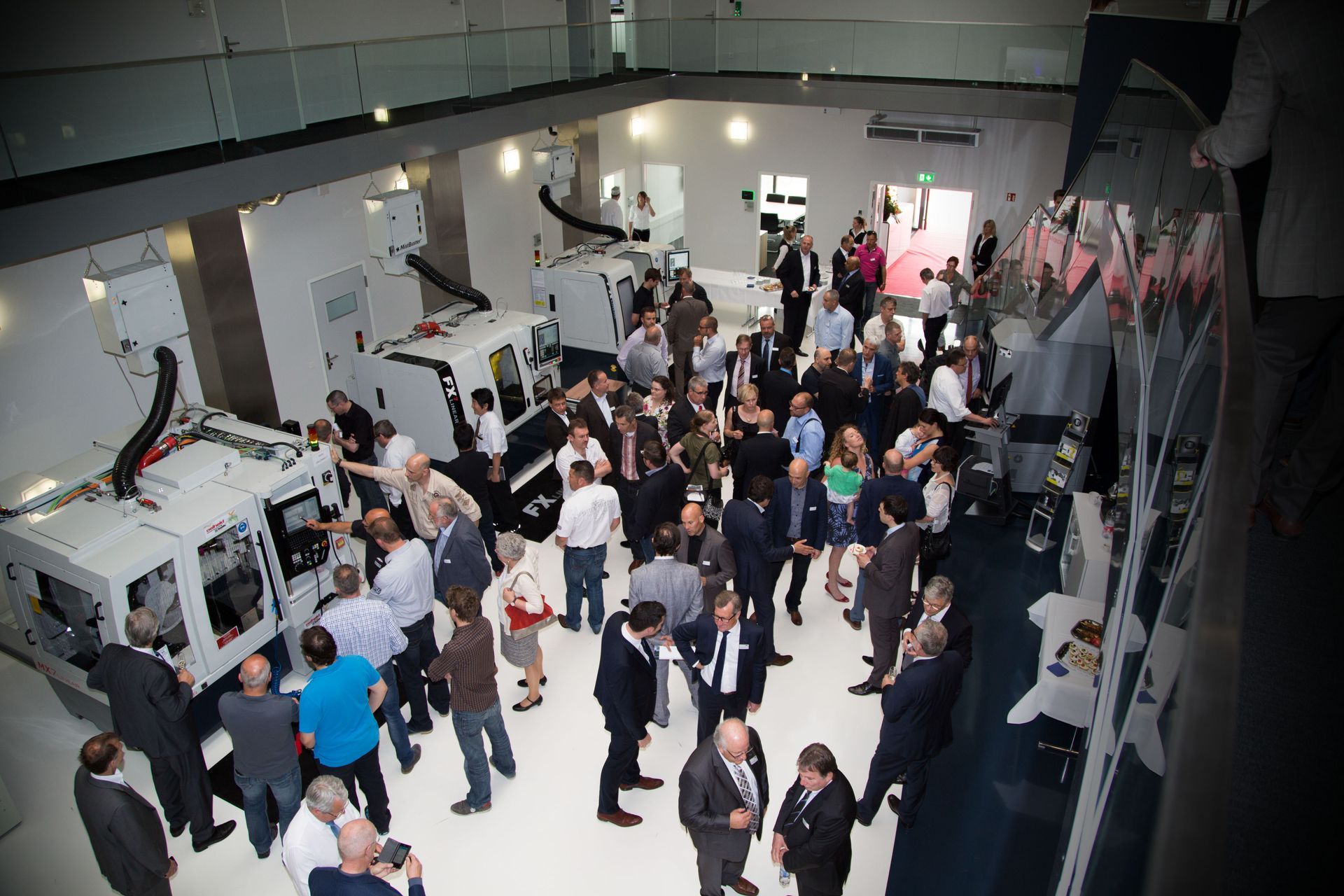Metcalf prize winners bag $50,000 for stem cell research
Jessica Guttridge
Two researchers are using stem cells to address problems and gaps of understanding in heart and breast tissue
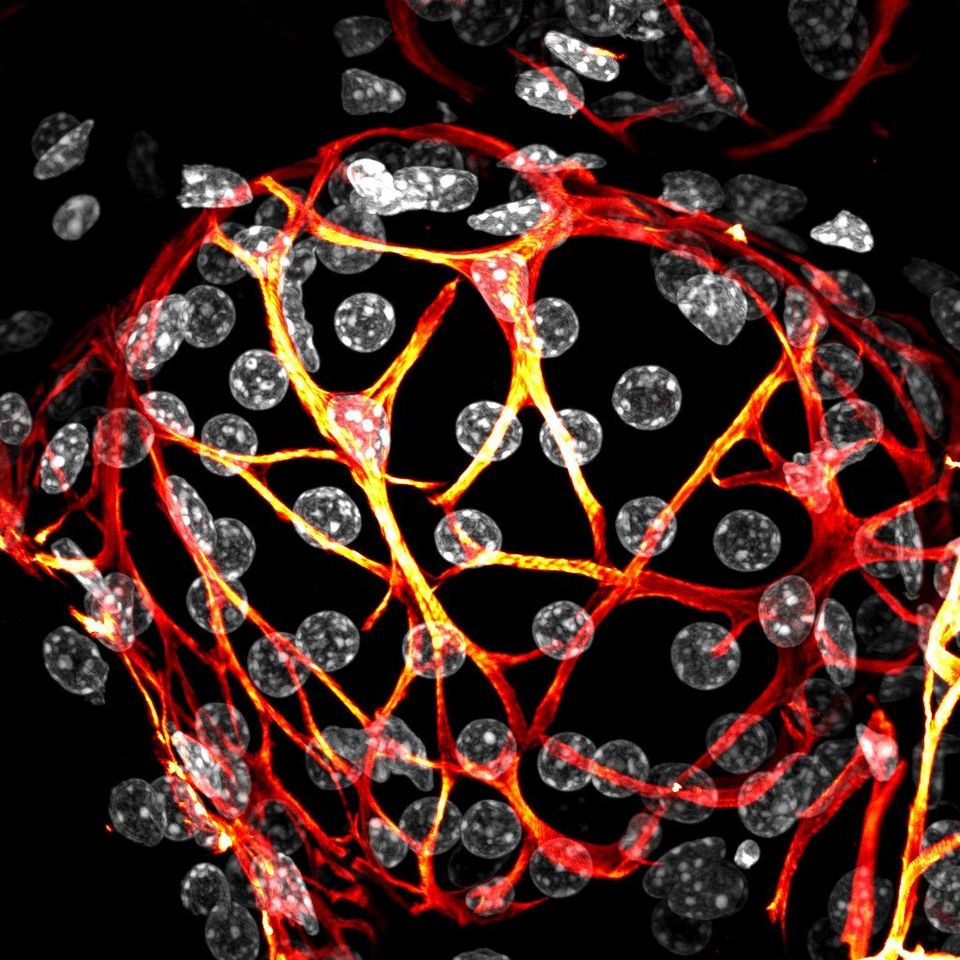
The cells responsible for milk expulsion during lactation. Credit: Dr Felicity Davis, Mater Research Institute, UQ
The National Stem Cell Foundation of Australia (NSCFA)
has awarded $50,000 to two researchers, helping further fund studies of mammary glands and bioengineered human hearts, as part of the annual Metcalf
competition.
Each year, the National Stem Cell Foundation of Australia awards and celebrates two exceptional mid-career stem cell researchers with the Metcalf Prizes for Stem Cell Research.
The prizes support the National Stem Cell Foundation of Australia’s mission to promote the study and use of stem cells in the prevention or control of disease in human beings and to enhance stem cell public education.
Associate Professor James Hudson of the QIMR Berghofer Medical Research Institute
studies the human heart, and how its cells must last a lifetime without renewal. To better understand this, he has made more than 20,000 beating ‘mini-hearts’, called organoids.
“Heart muscle cells essentially have one job to do throughout our lives. They don’t like change and are difficult to regenerate,” he says.
As well as using them to study diseases and test new pharmaceuticals, Hudson deploys the organoids to study how heart muscle cells obtain and use energy, and how this influences their ability to regenerate. His goal is to make new tissue to repair damaged hearts.
“In five years, I hope we will be closer to or even starting clinical trials for stem cell-derived patches for cardiovascular repair and for drug candidates we helped identify, with many more treatments in the pipeline behind them,” he says.
Dr Felicity Davis of the University of Queensland’s Mater Research Institute
is investigating the secret life of mammaries: how they develop, how they change during pregnancy and breastfeeding, and how things can go wrong.
Discovering how this happens at a molecular, cellular and tissue level will provide new insights when problems in the breast arise – ranging from breastfeeding difficulties to breast cancer.
“Breast stem cells live in a world of change – from a basic mammary structure in the embryo, to rapid growth during puberty, and then drastically changing again with each pregnancy,” she says.
“We should be doing everything we can in order to understand how that happens physiologically, how the breast changes to allow that to happen and how it remodels after the process is complete.”
Both researchers are transforming our understanding of how other scientists might work with stem cells to understand, prevent and treat disease, and have been recognised by the Foundation for their early-career leadership in stem cell research.
“We hope that supporting Felicity Davis’ work will help make a difference in this important area of women’s and children’s health, and that James Hudson’s work will help us tackle Australia’s biggest killer,” says Dr Graeme Blackman AO, the chairman of the Foundation.
“Both scientists are great examples of the depth and breadth of stem cell research undertaken in Australia – all of it bringing us closer to important clinical outcomes.”
The awards are named for the late Professor Donald Metcalf AC, who, over a 50-year career, helped transform cancer treatment and transplantation medicine, paving the way for potential stem cell therapy in the treatment of many other conditions.
The National Stem Cell Foundation of Australia is a philanthropic foundation drawing from diverse backgrounds in stem cell science,
medicine, and finance to supports stem cell science and educate the community about the potential and dangers of stem cell therapies.
Professor Hugh Taylor AC will present the 2019 Metcalf Prizes for Stem Cell Research at a special event in Melbourne on Thursday 28 November 2019.
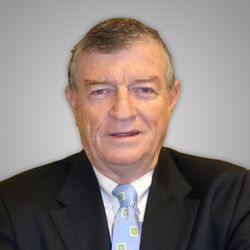
In 2016 I published a blog article titled Moonshots for Australia: 7 For Now. It’s one of many I have posted on business and innovation in Australia. In that book, I highlighted a number of Industries of the Future among a number of proposed Moonshots. I self-published a book, Innovation in Australia – Creating prosperity for future generations, in 2019, with a follow-up COVID edition in 2020. There is no doubt COVID is causing massive disruption. Prior to COVID, there was little conversation about National Sovereignty or supply chains. Even now, these topics are fading, and we remain preoccupied with productivity and jobs! My motivation for this writing has been the absence of a coherent narrative for Australia’s business future. Over the past six years, little has changed. The Australian ‘psyche’ regarding our political and business systems is programmed to avoid taking a long-term perspective. The short-term nature of Government (3 to 4-year terms), the short-term horizon of the business system (driven by shareholder value), the media culture (infotainment and ‘gotcha’ games), the general Australian population’s cynical perspective and a preoccupation with a lifestyle all create a malaise of strategic thinking and conversation. Ultimately, it leads to a leadership vacuum at all levels. In recent years we have seen the leadership of some of our significant institutions failing to live up to the most basic standards, with Royal Commissions, Inquiries and investigations consuming excessive time and resources. · Catholic Church and other religious bodies · Trade Unions · Banks (and businesses generally, take casinos, for example) · the Australian Defence Force · the Australian cricket teams · our elected representatives and the staff of Parliament House As they say, “A fish rots from the head!” At best, the leadership behaviour in those institutions could be described as unethical and, at worst….just bankrupt! In the last decade, politicians have led us through a game of “leadership by musical chairs” – although, for now, it has stabilised. However, there is still an absence of a coherent narrative about business and wealth creation. It is a challenge. One attempt to provide such a narrative has been the Intergenerational Reports produced by our federal Government every few years since 2002. The shortcomings of the latest Intergenerational Report Each Intergenerational Report examines the long-term sustainability of current government policies and how demographic, technological, and other structural trends may affect the economy and the budget over the next 40 years. The fifth and most recent Intergenerational Report released in 2021 (preceded by Reports in 2002, 2007, 2010 and 2015) provides a narrative about Australia’s future – in essence, it is an extension of the status quo. The Report also highlights three key insights: 1. First, our population is growing slower and ageing faster than expected. 2. The Australian economy will continue to grow, but slower than previously thought. 3. While Australia’s debt is sustainable and low by international standards, the ageing of our population will pressure revenue and expenditure. However, its release came and went with a whimper. The recent Summit on (what was it, Jobs and Skills and productivity?) also seems to have made the difference of a ‘snowflake’ in hell in terms of identifying our long-term challenges and growth industries. Let’s look back to see how we got here and what we can learn. Australia over the last 40 years During Australia’s last period of significant economic reform (the late 1980s and early 1990s), there was a positive attempt at building an inclusive national narrative between Government and business. Multiple documents were published, including: · Australia Reconstructed (1987) – ACTU · Enterprise Bargaining a Better Way of Working (1989) – Business Council of Australia · Innovation in Australia (1991) – Boston Consulting Group · Australia 2010: Creating the Future Australia (1993) – Business Council of Australia · and others. There were workshops, consultations with industry leaders, and conferences across industries to pursue a national microeconomic reform agenda. Remember these concepts? · global competitiveness · benchmarking · best practice · award restructuring and enterprising bargaining · training, management education and multiskilling. This agenda was at the heart of the business conversation. During that time, the Government encouraged high levels of engagement with stakeholders. As a result, I worked with a small group of training professionals to contribute to the debate. Our contribution included events and publications over several years, including What Dawkins, Kelty and Howard All Agree On – Human Resources Strategies for Our Nation (published by the Australian Institute of Training and Development). Unfortunately, these long-term strategic discussions are nowhere near as prevalent among Government and industry today. The 1980s and 1990s were a time of radical change in Australia. It included: · floating the $A · deregulation · award restructuring · lowering/abolishing tariffs · Corporatisation and Commercialisation Ross Garnaut posits that the reforms enabled Australia to lead the developed world in productivity growth – given that it had spent most of the 20th century at the bottom of the developed country league table. However, in his work, The Great Reset, Garnaut says that over the next 20 years, our growth was attributable to the China mining boom, and from there, we settled into “The DOG days” – Australia moved to the back of a slow-moving pack! One unintended consequence of opening our economy to the world is the emasculation of the Australian manufacturing base. The manic pursuit of increased efficiency, lower costs, and shareholder value meant much of the labour-intensive work was outsourced. Manufacturing is now less than 6% of our GDP , less than half of what it was 30 years ago!
